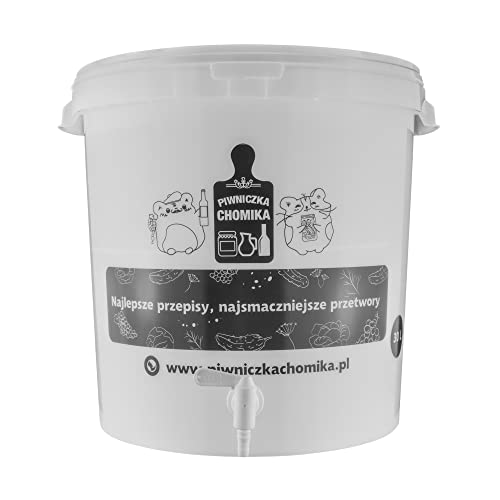Rukula
Regular.
- Joined
- Jul 26, 2011
- Messages
- 227
- Reaction score
- 0
I'm thinking about moving into mini mashes of all grain, I'm familiar with with the basics from kit brewing..
I want to experiment with my own recipes, but I'm wondering about how to do things. So, this is what i think i know, and please do correct me if I'm wrong..
First, you need base malt, which is the grain you mill, and this is what makes the fermentable sugar in the wort.
The other thing you need is specialty grains (crystal malt, chocolate malt etc). These are for color and taste, and will not produce fermentable sugar, and should not be milled.
I'm far from sure if this is correct, but i know how to mash it and make wort from it, so please guide me trough the basics of grains. Again; this will be mini mashes, about 1 gallon, and probably done with the "Brew In A Bag" method.
I want to experiment with my own recipes, but I'm wondering about how to do things. So, this is what i think i know, and please do correct me if I'm wrong..
First, you need base malt, which is the grain you mill, and this is what makes the fermentable sugar in the wort.
The other thing you need is specialty grains (crystal malt, chocolate malt etc). These are for color and taste, and will not produce fermentable sugar, and should not be milled.
I'm far from sure if this is correct, but i know how to mash it and make wort from it, so please guide me trough the basics of grains. Again; this will be mini mashes, about 1 gallon, and probably done with the "Brew In A Bag" method.














![BREWING THERMOMETER STICKERS ACCURATELY MONITOR FERMENTING BEER & WINE LIQUID TEMPERATURES 5PCS HOME BREW SPIRITS WINE LCD ADHESIVE [US]](https://m.media-amazon.com/images/I/311DDjo2X3L._SL500_.jpg)


























